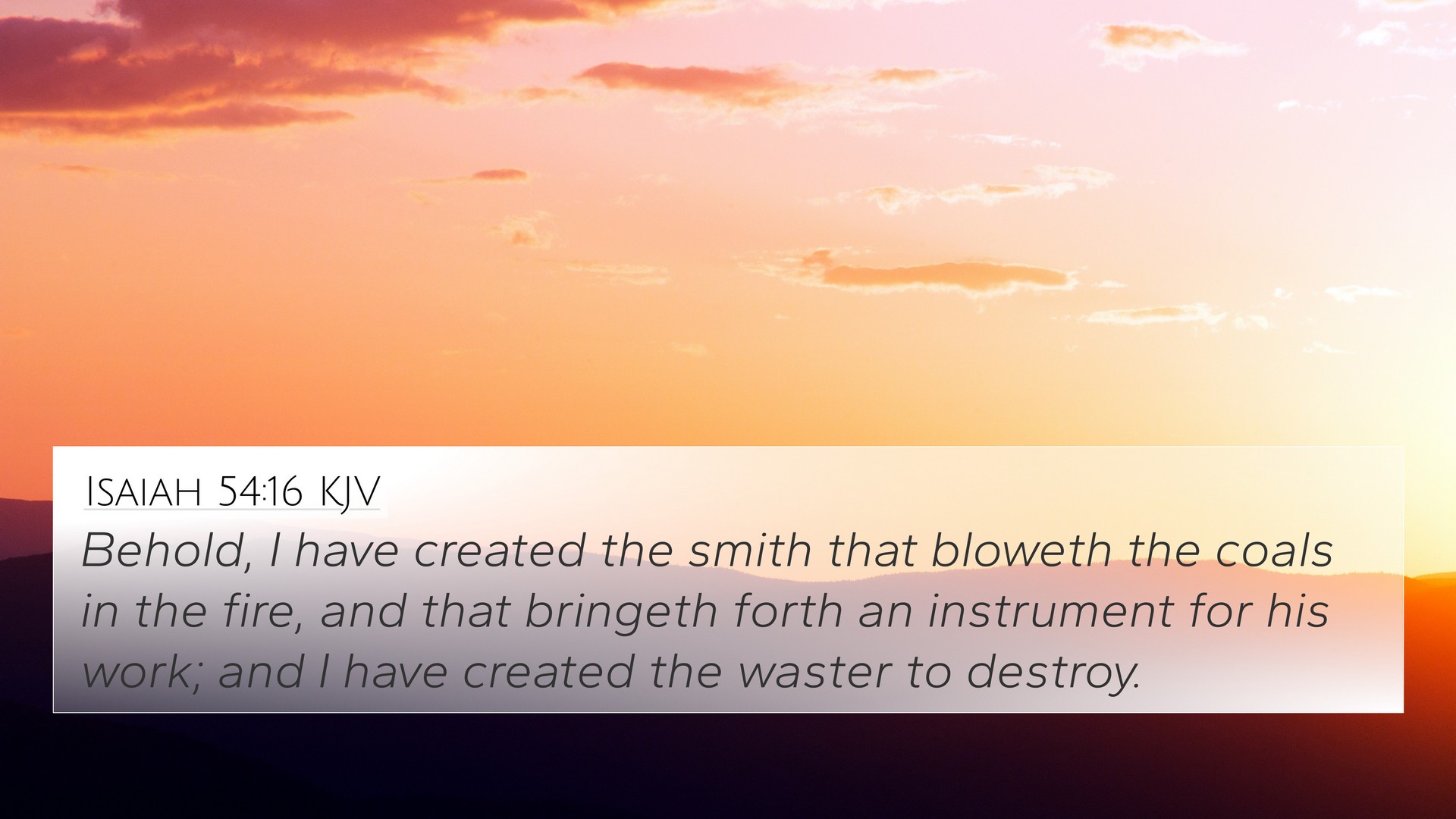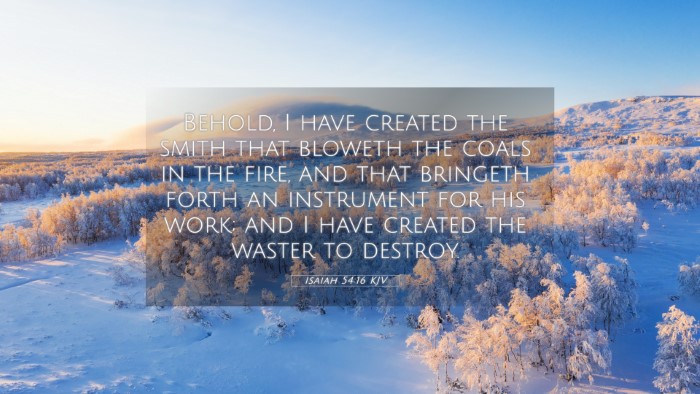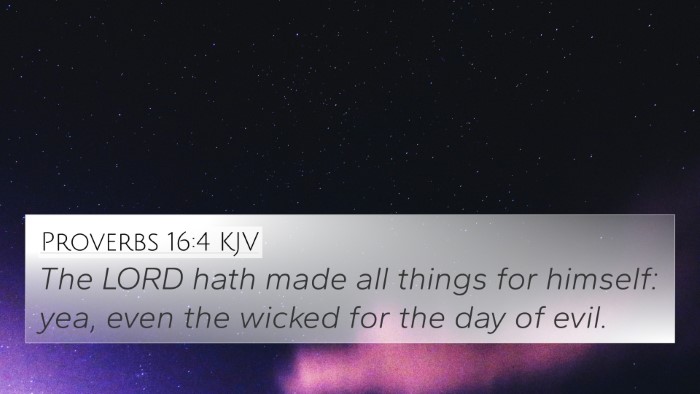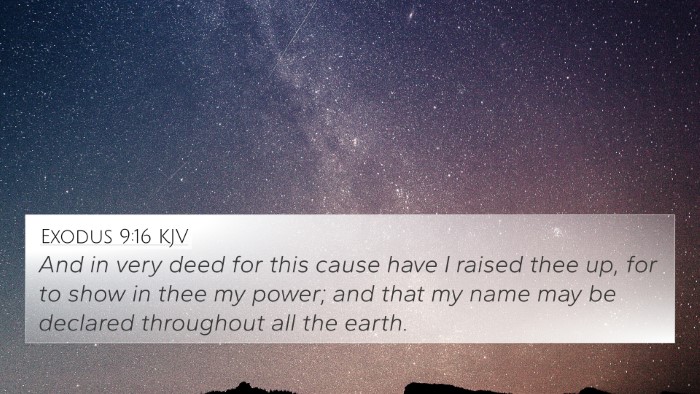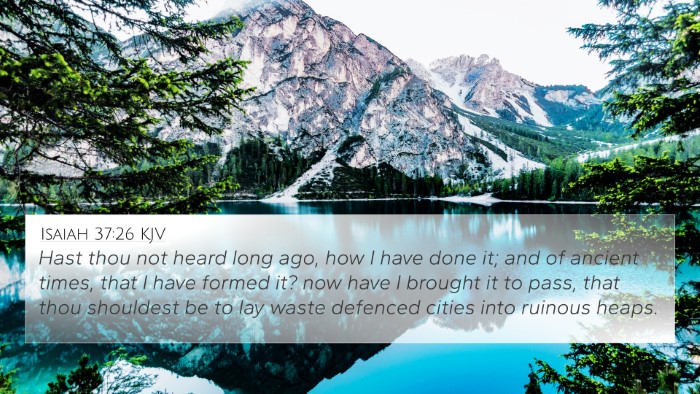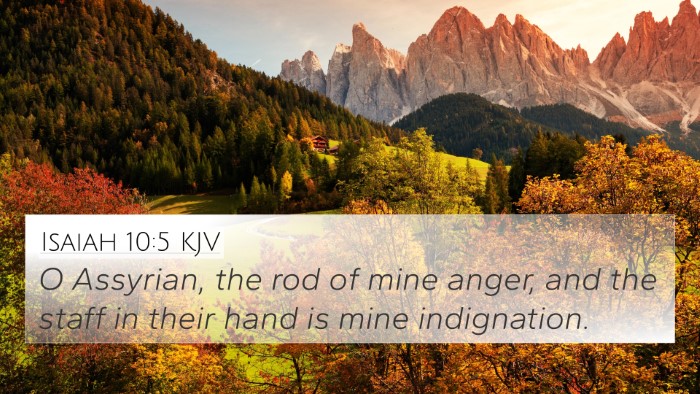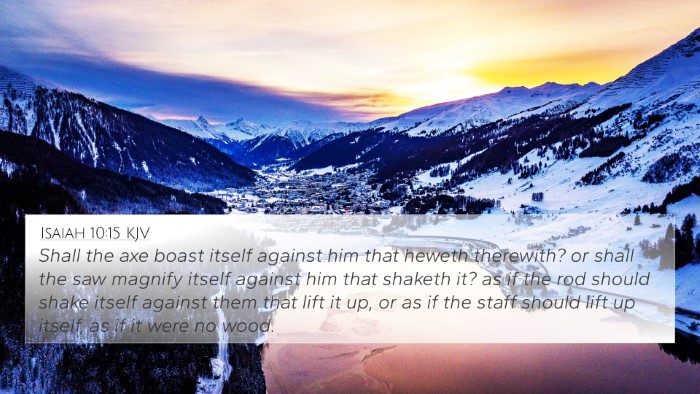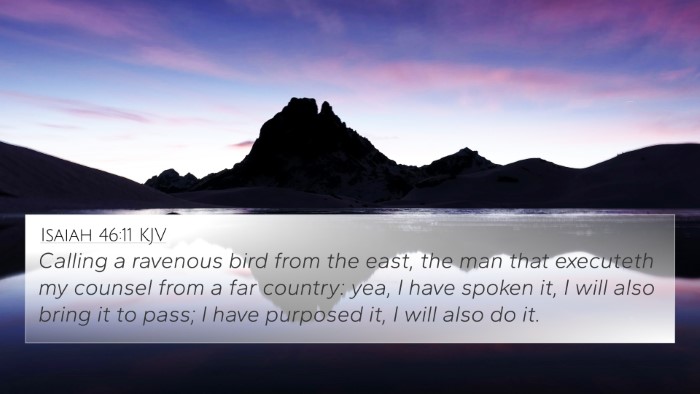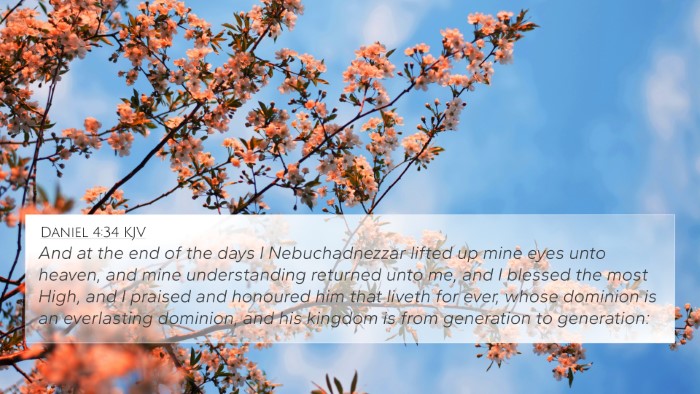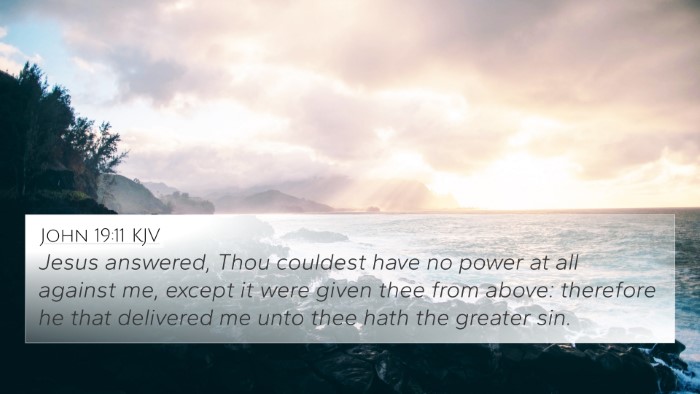Understanding Isaiah 54:16
Isaiah 54:16 reads: "Behold, I have created the smith that bloweth the coals in the fire, and that bringeth forth an instrument for his work; and I have created the waster to destroy." This verse presents profound themes regarding God's sovereignty and the nature of suffering and challenge.
Summary of Insights from Public Domain Commentaries
Matthew Henry's Commentary
Henry emphasizes that this verse underscores God's control over all creation, including the smith and the waster. His creation of both indicates that adversities and challenges are also part of His divine plan. The implication is that, even when we face destruction or trials, it is under God's allowance and control, serving a purpose in His overarching narrative.
Albert Barnes' Notes
Barnes points out that the phrase 'I have created' reveals God's creative power, including the creation of those who might bring harm. This reflects that God equips individuals with abilities and purposes, which can be directed towards both constructive and destructive ends. Barnes notes the significance of understanding that even those who oppose the faithful are ultimately under God’s authority.
Adam Clarke's Commentary
Clarke elaborates on the metaphor of the smith, suggesting that just as a craftsman forges weapons, God has the power to both create instruments of productivity and agents of destruction. Clarke also emphasizes that the destruction mentioned here is not merely chaotic but serves as a tool for greater divine purposes, often leading to spiritual renewal and growth.
Interpreting the Themes
From analyzing the insights of these scholars, several vital themes emerge:
- Divine Sovereignty: God is in control of all creation, including the forces that may oppose His will.
- Purpose in Pain: Even tools of destruction can have a righteous purpose within God's plan.
- God’s Creative Authority: The ability of God to create and allow for both good and evil to serve His intentions.
Cross-References and Thematic Connections
Isaiah 54:16 connects with various scriptures that shed light on its interpretation:
- Romans 8:28: "And we know that all things work together for good to them that love God." This verse reaffirms that God's purposes work through both good and bad circumstances.
- Proverbs 16:4: "The LORD hath made all things for himself: yea, even the wicked for the day of evil." This suggests that even those who oppose His plans are part of His sovereign design.
- Job 1:12: "And the LORD said unto Satan, Behold, all that he hath is in thy power; only upon himself put not forth thine hand." This illustrates God's control over evil and suffering.
- Isaiah 45:7: "I form the light, and create darkness: I make peace, and create evil: I the LORD do all these things." God acknowledges His role in both creation and destruction.
- Ephesians 1:11: "In whom also we have obtained an inheritance, being predestinated according to the purpose of him who worketh all things after the counsel of his own will." This emphasizes God’s sovereign will over all actions.
- Psalm 46:10: "Be still, and know that I am God: I will be exalted among the heathen, I will be exalted in the earth." A call for trust in God amidst turmoil.
- Jeremiah 18:4: "And the vessel that he made of clay was marred in the hand of the potter: so he made it again another vessel, as seemed good to the potter to make it." God as the master artist shapes and reshapes according to His design.
Conclusion
The verse Isaiah 54:16 carries deep implications regarding the nature of God’s creations, both the nurturing and destructive. Through an analysis of this verse in conjunction with related scriptures, believers can find solace and strength in the knowledge that all things, whether seen as beneficial or harmful, ultimately serve a divine purpose. Understanding these connections through various tools for Bible cross-referencing not only enriches our comprehension but also deepens our faith in God's intricate plan.
